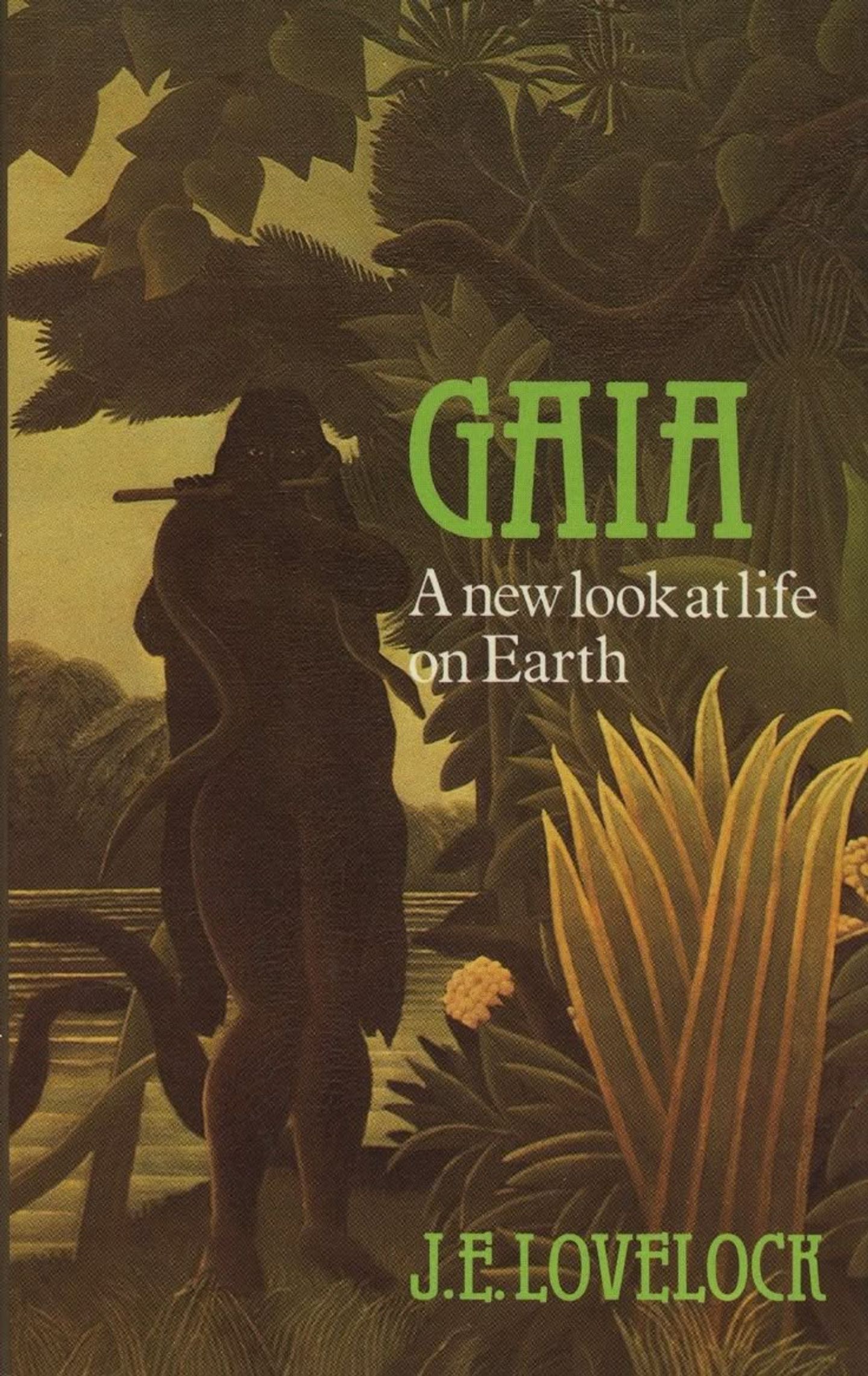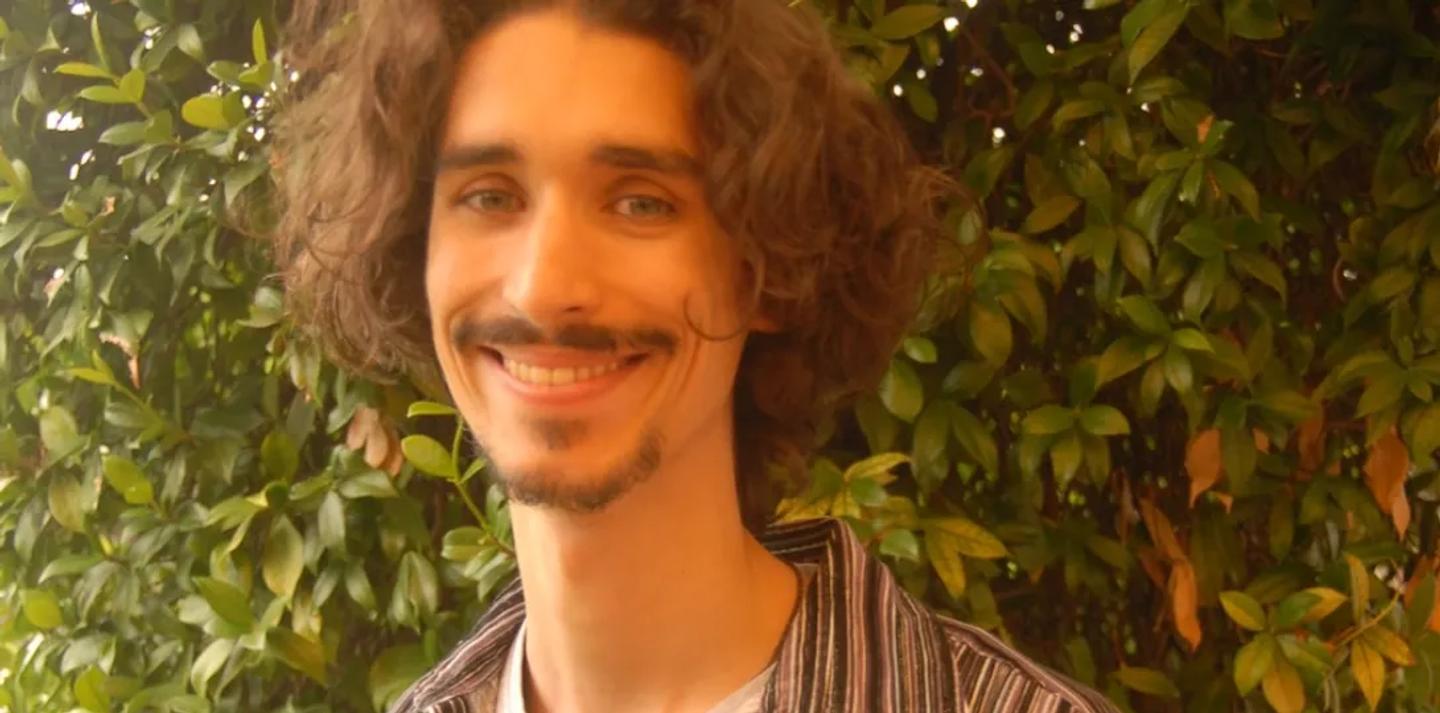

Everyone, from those just beginning their journey into ecological studies to seasoned ecologists, should read Gaia: A New Look at Life on Earth (1979) by James Lovelock. This groundbreaking book is a cornerstone of ecological thought, and one of the first to propose that Earth functions as a self-regulating, interconnected system.
Today, many of us might take this idea for granted, common sense, even; but Lovelock’s work (written in conjunction with Lynn Margulis) laid part of the foundation for this perspective. Gaia explores various dimensions of the Earth’s systems, weaving together concepts like cybernetics, atmospheric science, and oceanography to offer a profound understanding of what it means to live within Gaia, our planet. For Lovelock, Gaia is synonymous with Earth, but not merely as a physical entity; rather, it is an embodied, dynamic, and even, at times, spiritual presence.
This is an important consideration that is always worth highlighting. By proposing that Earth is a self-regulating entity governed by highly complex systems, Lovelock shifts our perspective away from an anthropocentric view to an ecocentric standpoint. From his perspective humans are not separate from or dominant over nature, but rather an integral part of the Earth’s systems (1); we are but one of countless others within this intricate web of organisms, particles, and climates. As Lovelock himself states:
"From a Gaian viewpoint, all attempts to rationalize a subjugated Earth with man in charge are as doomed to failure as the similar concept of benevolent colonialism. They all assume that man is the possessor of this planet; if not the owner, then the tenant. […] The Gaia hypothesis implies that the stable state of our planet includes man as part of, or partner in, a very democratic entity." (2)
Despite the lack of inclusive discourse in Lovelock's writing (understandable given that it was written 46 years ago), his ideas remain profoundly relevant. As we grapple with the realities of the current climate crisis, revisiting the foundations of the Earth’s system sciences becomes crucial. Understanding their origins and evolution reinforces the idea that Earth is, and should be, recognized as a democratic entity that sustains all forms of life. From a social perspective, it highlights Earth as a nurturing force for all humans, regardless of gender, origin, or belief.
One of Lovelock’s greatest strengths is his ability to present complex scientific ideas in an accessible and engaging way. Many ecological theories can become overly technical in the hands of less capable writers, but Lovelock’s clarity and narrative skills make his work both digestible and compelling. What I particularly appreciate is his optimism; he resists doomsday rhetoric and apocalyptic discourse. By the end of Gaia, it becomes clear: the Earth system, or Gaia, will not be destroyed by humankind, it is fully capable of adapting to anthropogenic pressures. The real concern is that this adaptation may result in an Earth that is inhospitable to humanity. It is up to us collectively to change our ways and realign with the "Gaian viewpoint", not for the planet’s survival, but for our own.
References:
_______
This article is a contribution from one of the participants of The Gramounce Food & Art Alternative MA 2024-25. Their writing is inspired by one of our seminars, or responds to a similar field of interest within food & art.

João Pedro Soares is a filmmaker, writer, and researcher currently pursuing a PhD in artistic Studies at NOVA-FCSH in Lisbon. His doctoral research explores the intersection of ecology and contemporary Portuguese documentary cinema.
João is a participant of the 2024-2025 Food & Art Alternative MA (online), currently on a work-exchange with The Gramounce.
